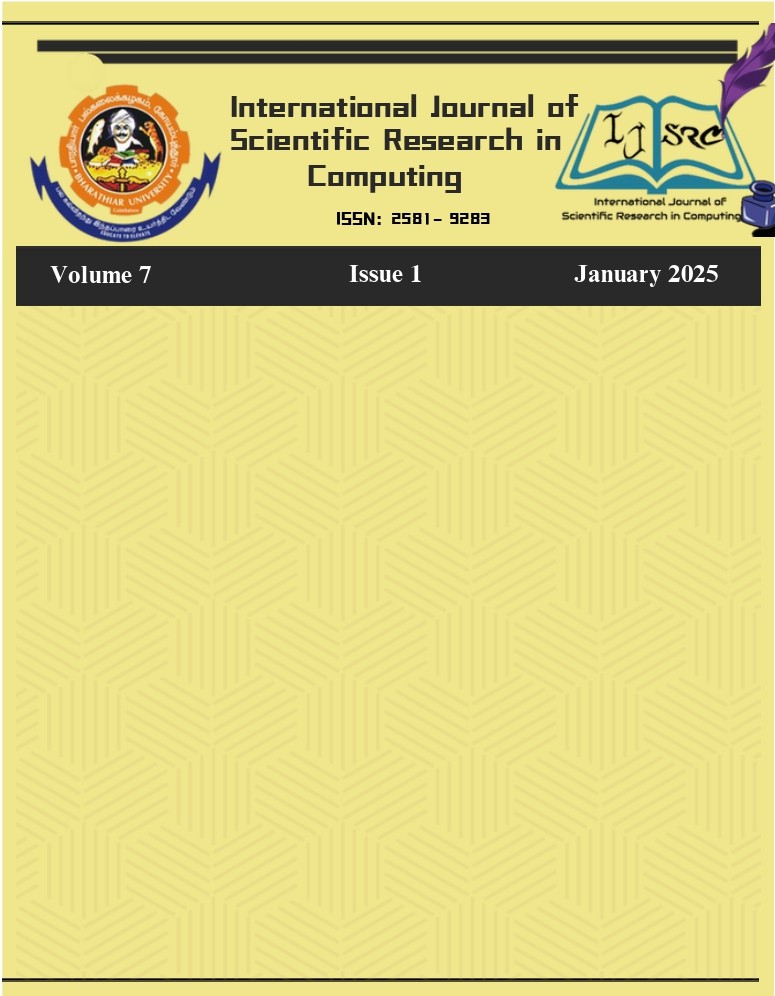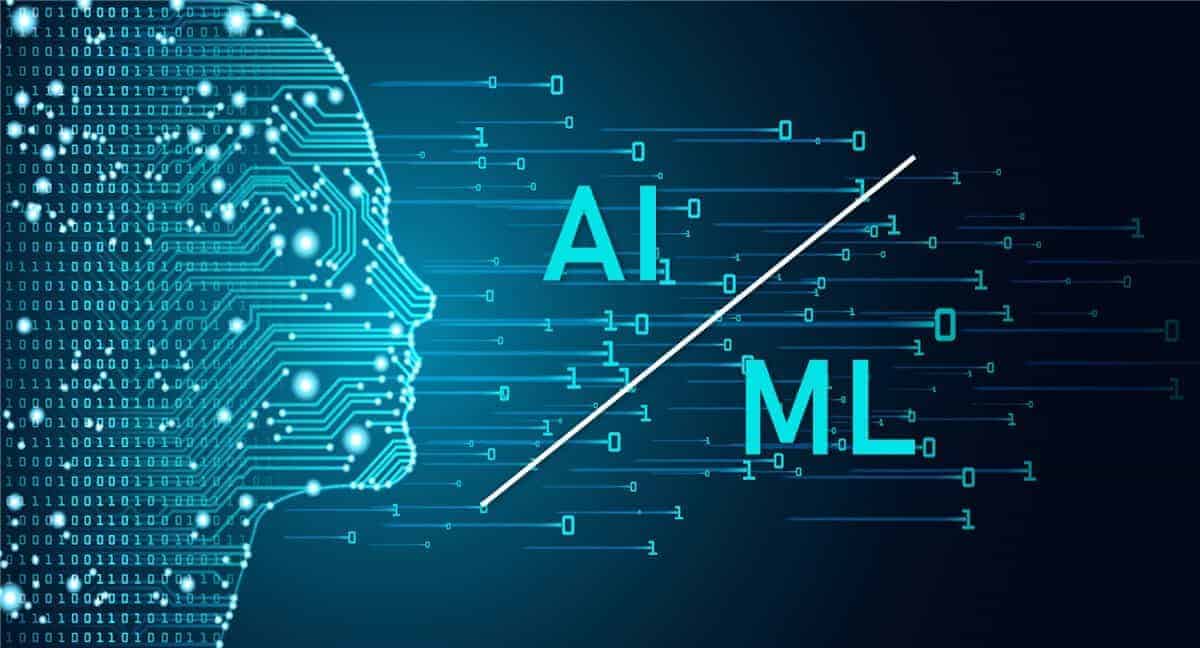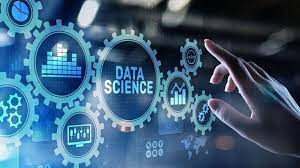Data Science & Analytics
Data Science is a multidisciplinary field that uses statistics, programming, and machine learning to analyze and interpret complex data. It involves data collection, preprocessing, exploratory analysis, and predictive modeling to derive meaningful insights. Data Analytics, on the other hand, focuses on examining datasets to identify trends, correlations, and patterns, helping businesses make informed decisions. It includes descriptive, diagnostic, predictive, and prescriptive analytics. Data science emphasizes advanced algorithms and AI-driven predictions, while data analytics focuses on understanding historical data and improving decision-making. These fields are widely used in industries like healthcare, finance, marketing, and e-commerce for optimizing operations and customer experience. Ethical concerns like data privacy and bias remain, necessitating responsible data handling.They are expected to significantly influence the future of automation.



